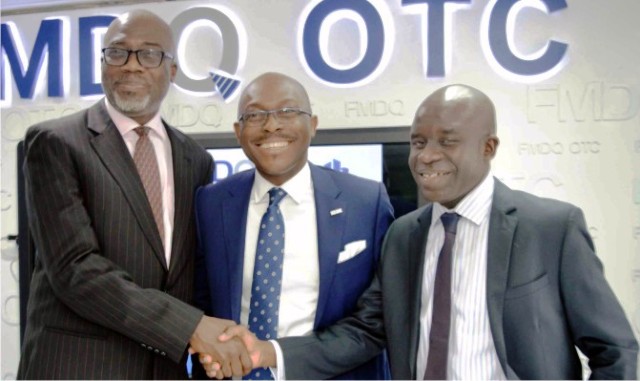Business
Vehicles Import: Customs Boss Tasks Staff On New Law

The Comptroller-General of Customs, Col. Hammed Ali, (rtd.) has directed operatives of Compliance Team and Federal Operations Unit to compliment officers at the borders to effectively beef up security and enforce the policy on non importation of vehicles through the land border.
The Comptroller-General stated this in a statement by Acting Public Relations Officer (PRO), Mr Joseph Attah, on Wednesday in Abuja.
Attah said that apart from being a statutory function of customs to implement government fiscal policies, as Nigerians, the advantages and opportunities inherent in the policy was a motivation to ensure compliance.
“ Regrettably, despite Nigeria’s bigger and more equipped port facilities, statistics have shown that more than 90 per cent of vehicles imported to neighbouring countries are normally on transit to Nigeria market.
“Though duty rates chargeable for motor vehicles at both land borders and seaports remain the same.
“Importers of these vehicles exploit the informality of land border trade since they are not usually manifested for Nigeria ports to either smuggle through the porous border or compromise some customs officers and that of other agencies to short change the nation,” Attah said.
According to him, Ali has charged the anti-smuggling squads to ensure total blockage such that no desperate vehicle importer gets his or her access to smuggle in the trapped vehicles.
Attah listed the merits of the policy to include channelisation of motor vehicles to sea ports, adding that it would enable suppression of smuggling.
He said that the policy would create business and job opportunities with the eventual emergence of bonded car parks for vehicles around the country.
He added that the policy would lead to the emergence of bank branches and mechanic villages around the bonded car parks, with job opportunities for Nigerians.
Attah said that high volume of vehicle cargo for shippers would boost capacity and optimise use of facilities at the ports and car parks.
He said that the policy would bring higher revenue for the three tiers of government to discharge their responsibilities to Nigerians.
Attah said it would facilitate the recent collaboration among customs, FIRS, motor licence office, police and bureau of statistics.
He added that it would give assurance of duty payment for vehicle buyers, thereby giving them more confidence on the road without customs interception.
“Curiously, Nigerians are being told that over 10,000 vehicles are already trapped 10 days into the enforcement of the policy when statistics show vehicles properly imported through the land borders from January 2014 – December 2016 was only 209,691 with N38,551,569,751.00 paid as duty.
“Smuggled vehicles seized within the same period was 5,998 with duty paid value of N10,271,734,415.36.
“Beyond revenue loss, allowing a system that is fraught with security implications in our present fragile security situation will not be a patriotic thing to do.
“ Stakeholders are therefore enjoined to see the inherent benefits of the policy and cooperate with the Nigeria Customs Service as personnel strive to implement the fiscal policy of government.”
Business
NCDMB, Jake Riley Empower 250 Youths On Vocational Skills

Business
NUJ Partners RSIRS On New Tax Law Education

Transport
Nigeria Rates 7th For Visa Application To France —–Schengen Visa

-

 Sports1 day ago
Sports1 day agoArsenal Women End Man City’s Invincibility
-

 Sports1 day ago
Sports1 day agoU-20 WWC: Falconets claim qualifier win
-

 Sports1 day ago
Sports1 day agoInsurance Deepen Enyimba’s Trouble
-

 Environment1 day ago
Environment1 day agoRivers State Government Suspend Fire Service Collection Levies
-

 Sports1 day ago
Sports1 day agoYouth Olympics preparation Gears up
-

 Sports1 day ago
Sports1 day agoTornadoes Set For NPFL exit over Stadium Ban
-

 Sports1 day ago
Sports1 day agoCologne Youth Team Set Crowd Record
-

 Environment1 day ago
Environment1 day agoLASEMA pushes attitudinal change to cut fire outbreaks in Lagos

